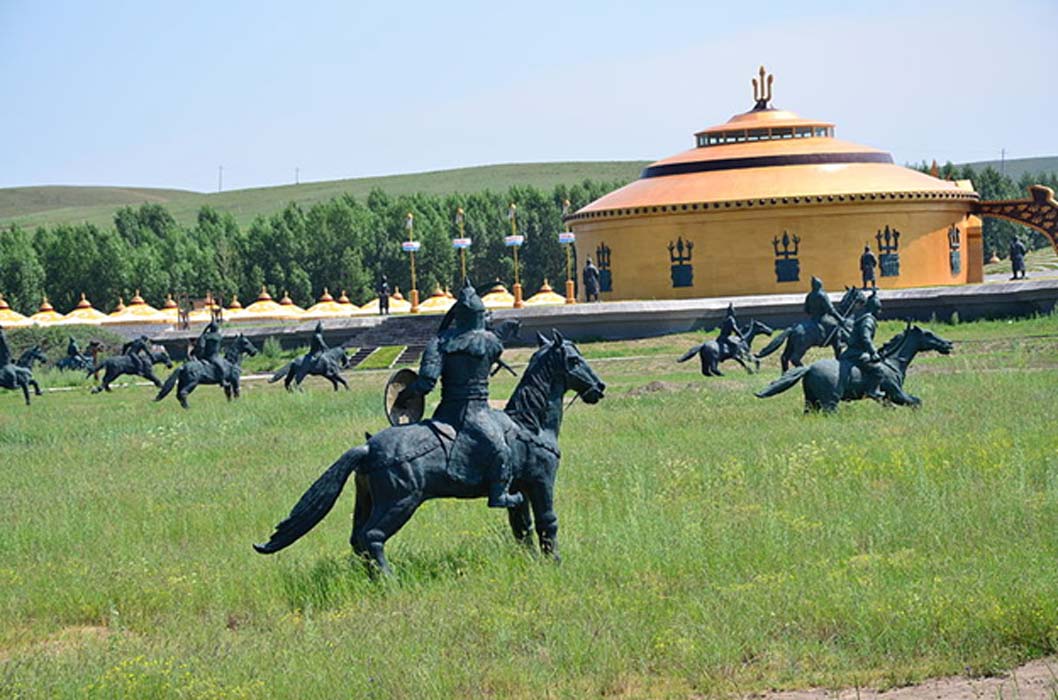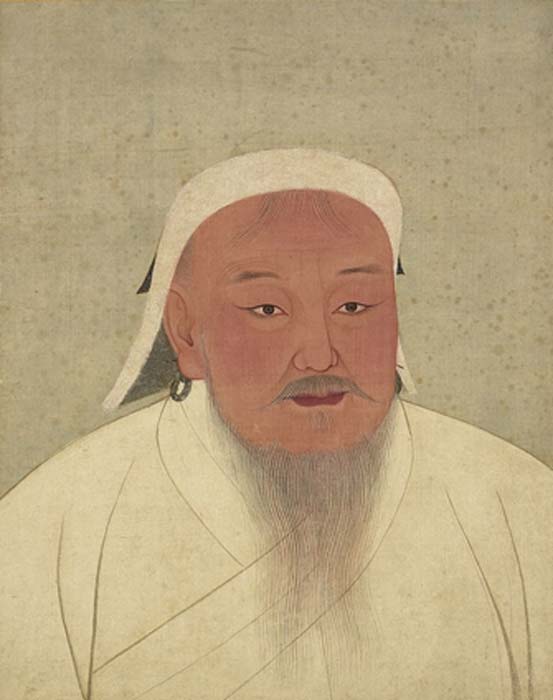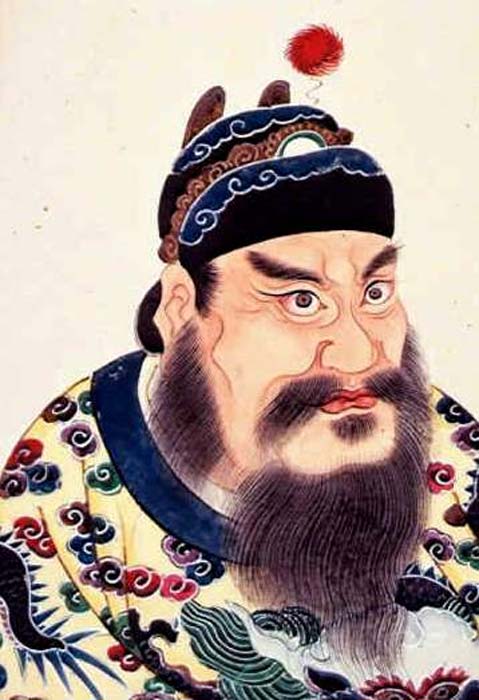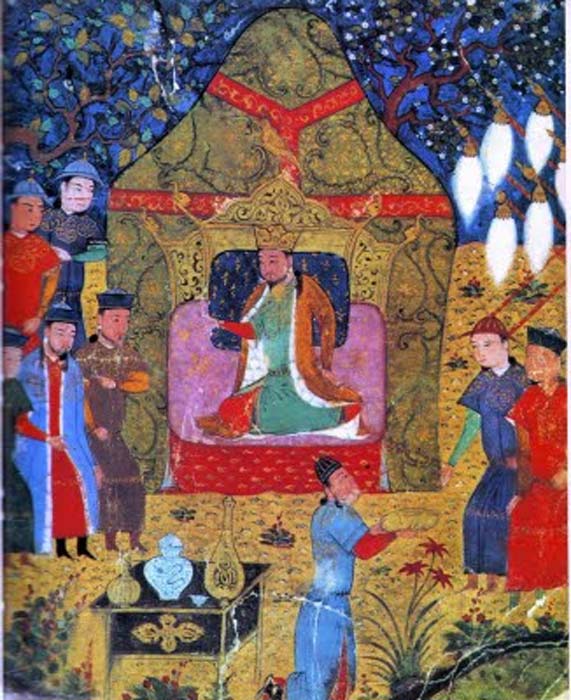
Disputed ‘Barbarians’: Genghis Khan and Qin Shi Huang
Some years ago somebody is reported to have said: "The victors write the histories”. Though this chestnut has no attribution, it nevertheless appears in many works including school textbooks. Whether a real quote or not, it needs to be challenged as it is taken as received wisdom. One could argue that histories are written by the first person to get to a clay tablet, scroll, scratch pad or printing press. That is to say, histories have tended to come from the more literate or more technical players. Often those players were skilled propagandists. They may or may not have been ‘winners’, but they knew a threat when they saw one. Author David Jones takes a fresh look at history’s supposed two greatest ‘barbarians’ Genghis Khan and Qin Shi Huang.

Taizu, better known as Genghis Khan, now located in the National Palace Museum in Taipei. (Public Domain)
Historical Propaganda
It is well known that tribes and nations - as they verge towards conquest or conflict - tend to mount a campaign of disinformation and debasement against their opponents. The object is to make their populations believe they are taking appropriate and honorable action against an inferior entity (who is usually cast as the aggressor, and dangerous if not confronted). This is why World War I was cast as ‘The Great War’ and hyped as the ‘war to end all wars’. It was all nonsense of course, but hundreds of thousands signed up, and fortunes were spent in what was a terrible calamity that caused over 40-million casualties.

A portrait painting of Qin Shi Huangdi, first emperor of the Qin Dynasty, from an 18th-century album of Chinese emperors' portraits. (Public Domain)
The consequence of all this hype and hyperbole is that one never gains access to all the facts on historical events. The reports are usually a summary of opinions - a lot of which are contradictory and many of which are made up. One is left to draw one’s own conclusion about what the event was all about, what precipitated it and what its effects were. But does one in fact draw conclusions from study? Does one actually weigh the evidence and come to reasoned decisions? One might well if one spent months or years studying the evidence on one’s own, consulted widely with players from all sides, wrote provocative essays and begged for peer review. But rarely does that happen. One remains informed (or instructed) usually by parents, employers, associates, teachers and professors. The media of course play a significant role here.
So exactly what from ‘history’ can one believe? Very little, if one defines ‘history’ as a statement of facts about people, places and events. If however, one regards ‘history’ as someone's views, someone who had the ways and means of getting those views disseminated, and one leaves it at that - then one can choose to believe whatever one wants. People have opinions about opinions.

Genghis Khan proclaimed Khagan of all Mongols. Illustration from a 15th-century Jami' al-tawarikh manuscript. (Public Domain)




